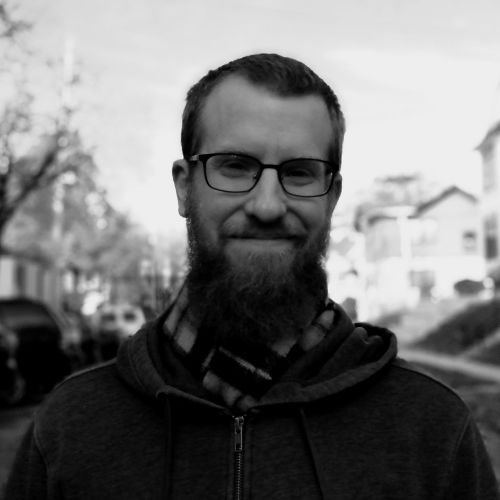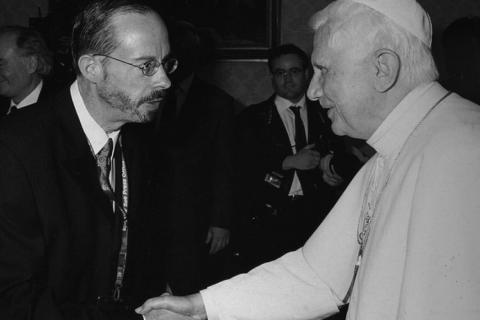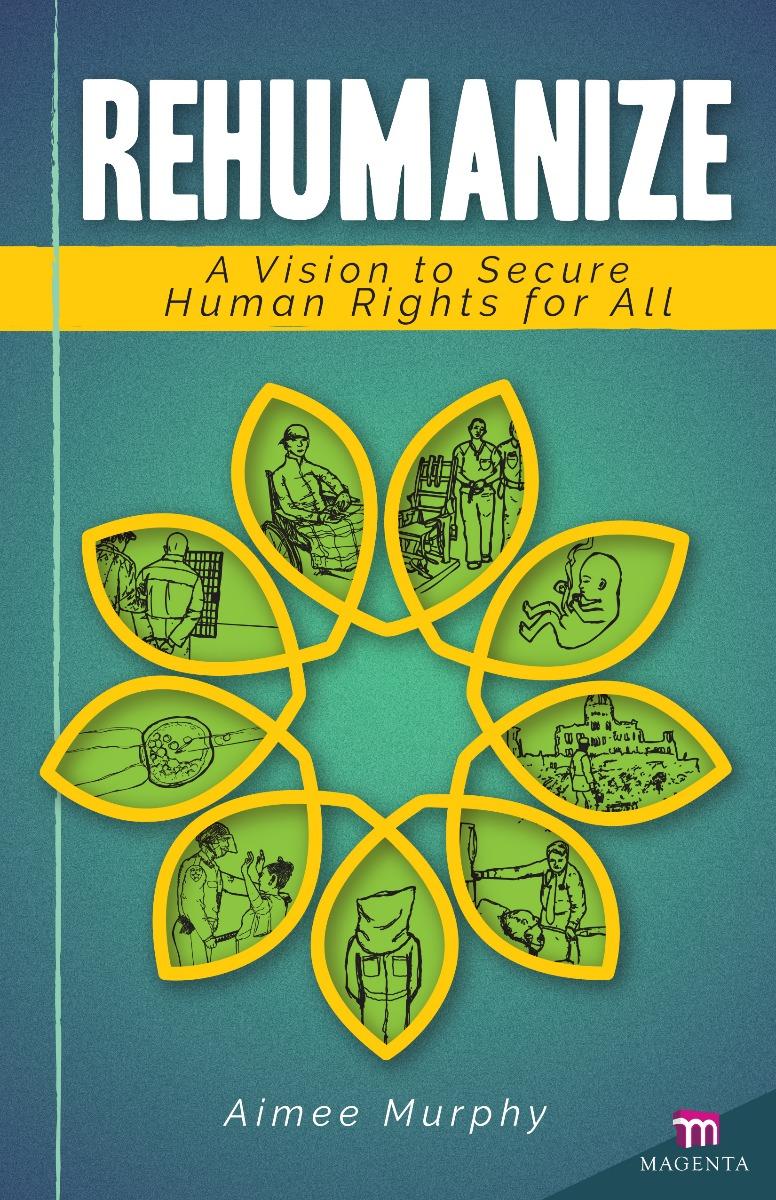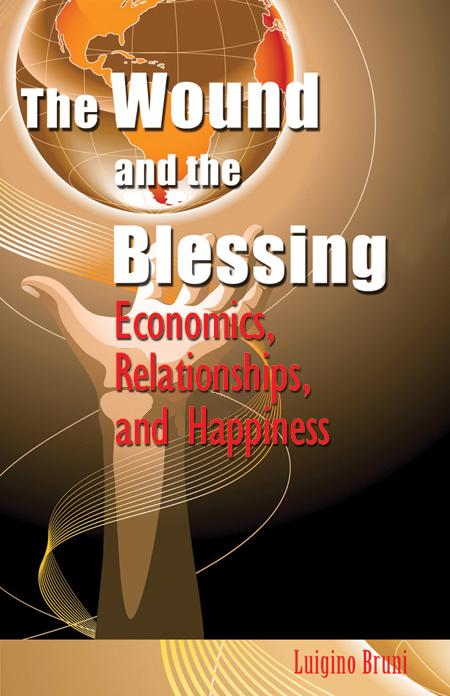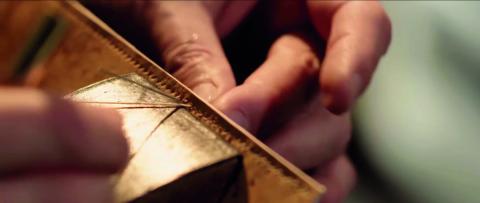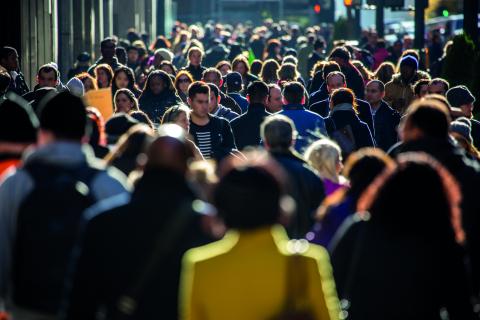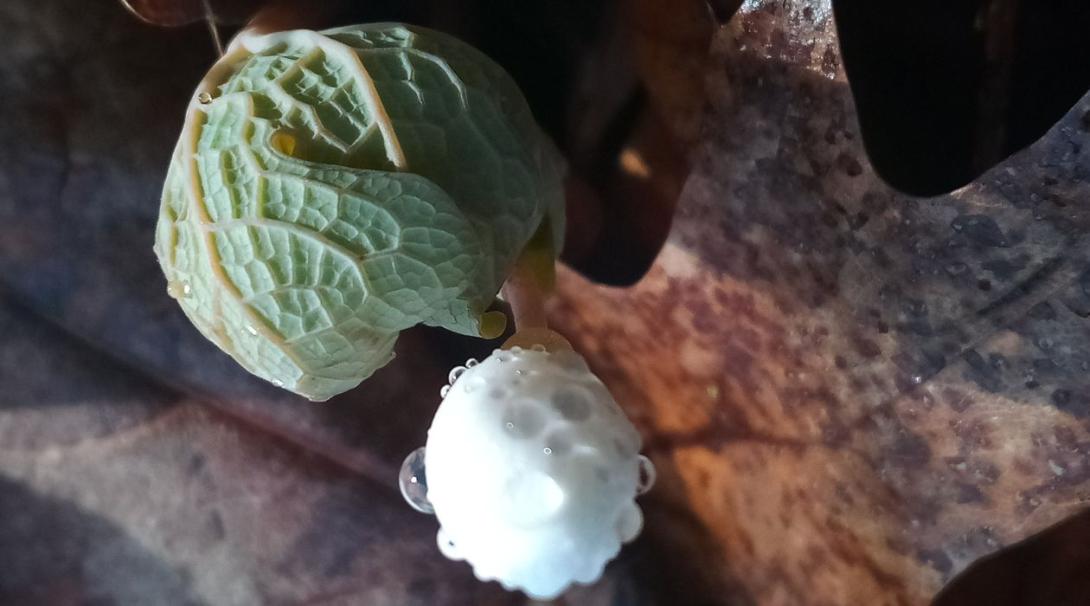
Blood Root about to Bloom in Cudahy Woods State Natural Area
I’ll admit I often cringe somewhat when I hear people say the phrase, “Mother Earth.” I don’t want to question the sincerity of their affection for our common home, but it also feels a little too much like something an ad company would promote as a way of “being green.” We have “green” laundry soap and “green” diesel buses. Again, I don’t want to diminish the real progress we’ve made as a society since the first Earth Day in 1970, but the underlying context of extractive, consumerist capitalism makes the “green” label sit uncomfortably in my mind.
Similarly with Earth Day, celebrated this week. In as much as Earth Day is a real opportunity for organizations to promote activism and a new way of living on our planet, I’m in full support. But in as much as it becomes part of a self-soothing blip in the noise of a culture that also celebrates “National Hug a Plumber Day,” “National Telephone Day,” and “National Drug Take Back Day” all on the day this short essay is appearing, the “amorphous background kind of Earth Day” may work against the cause of real conversion to the Earth as well. At least when it becomes enough in people’s minds to “be earth conscious,” or to recycle, or to turn the lights off when we leave a room, or to say that we’re someone “who really loves animals,” etc.
These are all good things to be and do, and I would never assert that the small every day activities of individuals are not of immense value. But buying electric vehicles is not going to dramatically alter the damage we’re doing to the Earth itself and the other creatures with whom we share this planet.
(When the global economy’s overlords and hype-men are more concerned with literal off-planet colonization and uncritical pushing of “artificial intelligence” systems they admit are poised to demand unthinkable energy resources, we’re more than a few conscientious purchases away from ecological equilibrium.)
If we want to convert to the Earth, we need contact, and lots of it.
What is needed for those of us living in the industrial and post-industrial world is a different way of being on this planet. I don’t know what that will look like. Who could? But if it comes apart from a global devastation, it will come through a genuine ecological conversion of individual hearts shaping the larger activity of our species. And that conversion will not be televised.
Conversion will come about by more and more of us embodying and living out our kinship with the other creatures of this planet and with the Earth itself. We need to know wild ecosystems by smell, get our (unshod) feet in some marsh mud now and then, be familiar with the sound made by our hands rubbing lichen on a tree trunk, grow lots and lots of plants wherever we can.
Why? Relationships do not flourish in our firm intellectual convictions but in our loving concern and encounters. I can talk about loving my son and list the things I do for him all I like; if I do not know the scent of my son’s hair, if I do not look him deeply in the eyes from time to time and smile for sheer delight, if I do not let him show me his new drawing and listen to his description of it, if I do not know what our bodies feel like when they meet, it will be tough to make a compelling case for my affection.
If we want to convert to the Earth, we need contact, and lots of it.
And all this because not only is God our Father but also the Earth is our Mother. While I sometimes cringe at this phrase in Euro-American mouths (including my own), St. Francis wanted us to know that the Earth is our Mother (“nostra matre Terra” in his original Umbrian dialect). Likewise, Pope St. Gregory the Great—not a usual touchstone for progressive or ecologically conscious Christians—in his monumental work Moral Reflections on the Book of Job tells us, commenting on Job 1:20, that “The earth has given birth to us all; we are right to call her our mother” (II.xvi.30). And in the Scriptures, Ben Sira calls the earth “the mother of all the living” (Sir 40:1).
Taking a cue from Ben Sira’s full verse, we can see our lives on Earth as an arc from our individual mothers’ wombs to the embrace of our universal Mother. In between we have a singular life of weighty choices, choices that cannot be undone.
How much better are those lives between our births and deaths when we grow ever closer to our kin who walk, crawl, fly, and swim upon the same Earth that we do? When we stay physically, mentally, and spiritually close throughout our lives to that final Mother, in whose bosom we will lay to await the Father’s call?


